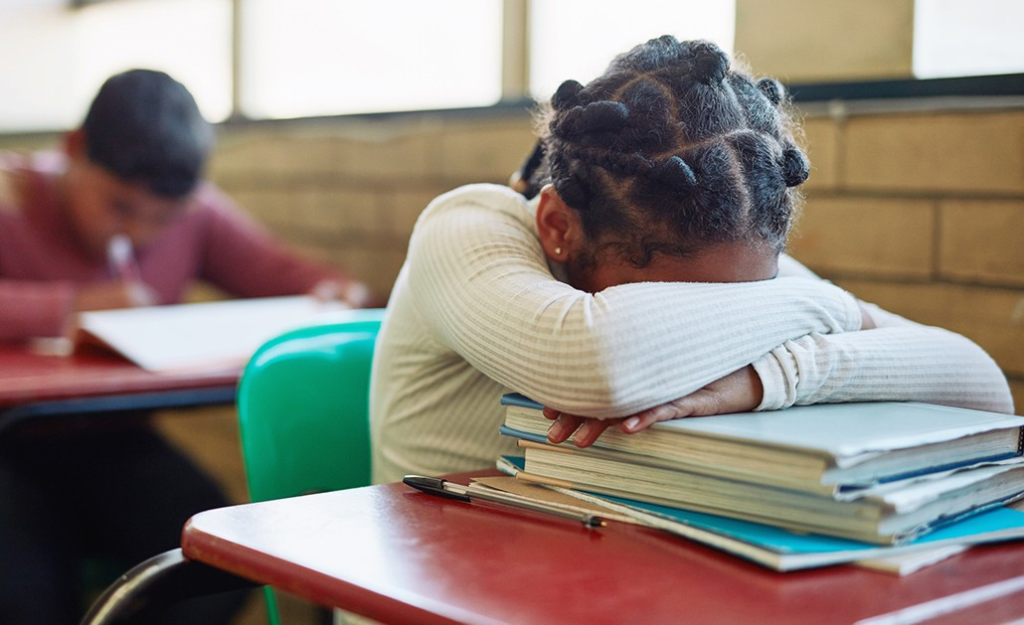
So many students have found themselves in a situation where they have read a full text and can’t remember anything they read or what it’s even about. Comprehension is more about understanding than memory, and problems in this case include;
- Low fluency
- Limited vocabulary
- Low decoding skills
- Failure to apply background knowledge
All those factors can play a significant role in making the student fail to achieve their set academic goals if not corrected. This is exactly why we’re discussing the possible solutions in this article as follows;
1. Expand their vocabulary
One of the key things you have to do to increase your students’ capacity to comprehend whatever they get to read, is by helping them expand their vocabulary. This can be achieved through;
- Compelling them to carry dictionaries to class and to possess personal copies
- Giving them spelling exercises
- Helping them identify new words from every text
- Teaching them to play vocab boosting games like scrabble and crossword puzzles
As you make it more and more fun for them to expand their vocabulary, they likely won’t be scared and intimidated whenever they come across a new word. In fact, they will become better positioned to understand what they learn better.
2. Provide relevant books according to their level
It is important for you to provide your students reading material that’s relevant to their academic level. If not, students will be intimidated by harder and more advanced content that you provide them, instead of feeling like they can do it.
Therefore, providing them relevant material will eliminate possible biases that would’ve arisen from doing the contrary.
3. Make them read more frequently
The more your students read, the more fluent they’ll become, and there’s absolutely no way around that. There are many ways that you can make your students read frequently, including;
- Setting little rewards
- Assigning students with tasks related to reading
- Grouping students with their classmates who can help them
After students are exposed to various pieces of content, they find it easier to read and comprehend more than they used to.
4. Tell them to reread
Many students think they will understand as soon as they read. Usually, failing to comprehend something quite well the first time they read, doesn’t mean the students aren’t intellectually capacitated.
The more they read the text, the more they’ll get to understand what’s in there. Therefore, students should be encouraged to read the text more than once in order to understand and internalize the content therein.
5. Encourage them to write summaries
Summarizing is a great technique to prove whether one has understood what they’ve read or are still lacking. Therefore, students should be encouraged to write summaries after reading, not during the process.
When students get used to summary writing, they’ll become more skilled in interpreting and memorizing what they read.
6. Teach them to look for the main idea/ theme
When students desultorily read through texts, they can’t interpret what’s in them. However, training them to look for the main theme out of every text is one of the best ways you can make them better readers.
This is because reading with purpose is one of the best ways that anyone can get to successfully comprehend anything they read.
7. Talk them out of their biases
When students are biased about things, they can hardly learn anything when they read. Therefore, it’s important for teachers to train them to be open-minded by talking them out their biases.
The best strategy to debunk baseless biases is by asking questions demanding the biased student to prove their biases. They’ll eventually fail.
8. Concentration exercises
Since concentration is a very important quality for anyone that seeks to understand what they read, you have to train your students to focus their mind on a single thing for a given period of time. Examples of concentration exercises include;
- Mini-meditation
- Yoga
- Chess
- Focus trainings
- Mini-exercises
Conclusion;
While some solutions might or might not work for certain students, the main thing you have to do to solve the problems above is understand why your student is having a hard time understanding what is expected of them. That being done, finding a perfect fitting solution then becomes easier and more doable than it seems at first.

Comments are closed.